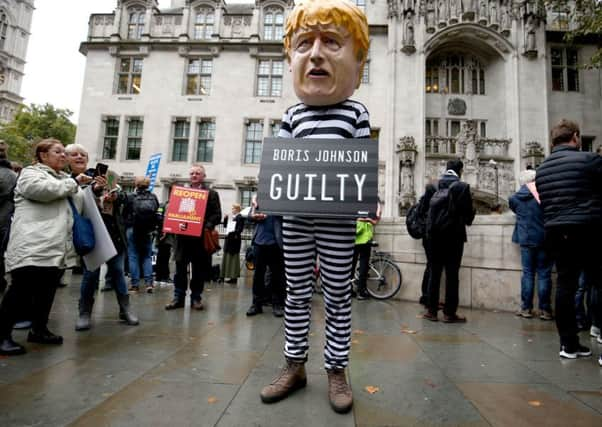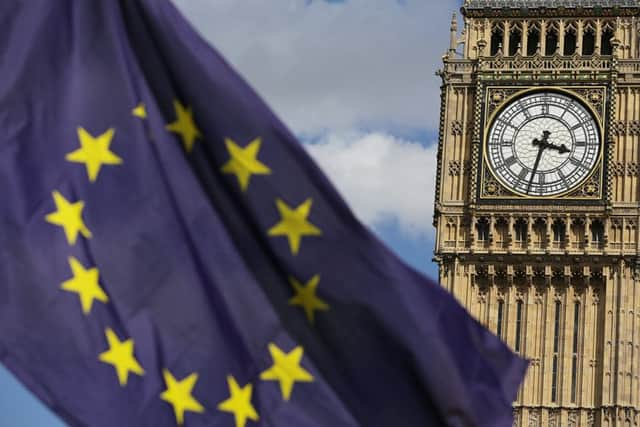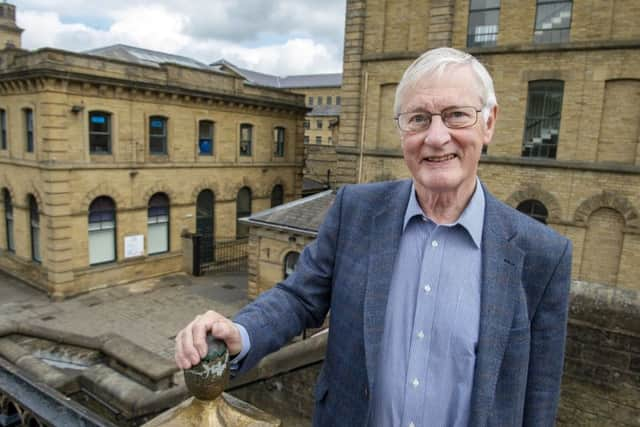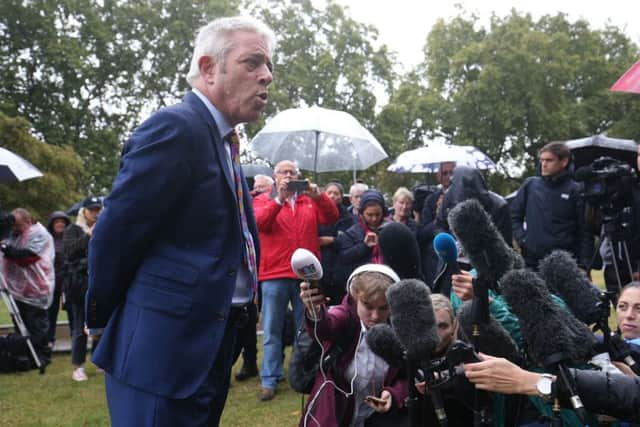Now Parliament must face up to its Supreme Court test and reform democracy – William Wallace


It rested on ‘conventions’, assumptions about the behaviour of Ministers and politicians that depended on their sense of honour and decency. The Supreme Court has now ruled that Boris Johnson as Prime Minister has acted dishonourably, misleading the public, Parliament and the Queen. This creates a major constitutional crisis, which should prompt a reshaping of our democracy.
Advertisement
Hide AdAdvertisement
Hide AdEngland fought a civil war, nearly 400 years ago, over the relationship between government (then controlled by the king) and Parliament. Baroness Hale, its plain-spoken president, quoted a judgement from 1611, asserting the supremacy of the law over the monarch, in giving yesterday’s ruling. British Prime Ministers still use ‘prerogative’ powers, inherited from Tudor and Stuart kings, to bypass Parliament – as Johnson has tried to do in his turn. Tony Blair used the same executive powers to go to war in Iraq, withholding the flawed intelligence on which his decision was based.


We’ve drifted a long way from the arguments Vote Leave were making three years ago – to take back control and restore Parliamentary sovereignty – to today’s Vote Leave government. It’s tried to suspend Parliament so that a Prime Minister who lacks a Parliamentary majority, and who has lost every vote in the Commons since he took office, can force through what he claims to be ‘the will of the people’.
The Supreme Court, in response, defined Parliament as ‘the voice of the people’ in holding government to account on the direction and details of its actions. “The effect on the fundamental democracy of our country is extreme,” it declared on the closing down Parliament to avoid detailed examination of last-minute preparations for Brexit.
Advertisement
Hide AdAdvertisement
Hide Ad

Authoritarian leaders claim to represent ‘the people’ against ‘established elites’ – even though they are often themselves rich and privileged. They claim the right to bend or break constitutional rules as barriers to meeting popular demands. But the rule of law is a core element of democracy: to limit the power of those in office (and its potential misuse), and to protect free speech, the rights of minorities and those of ordinary citizens.
Boris Johnson, as a master of Eton wrote in a report decades ago, does not think that the rules need apply to him. On resigning as Foreign Secretary in 2018, he broke the ministerial code in several places, announcing his return to a well-paid slot as a Daily Telegraph columnist without informing or consulting anyone in Whitehall. Newspaper reports allege that, as Mayor of London, he gave financial advantages and places on overseas missions which he led to a female acquaintance.
It will be tempting for those who have already attacked other judges as ‘enemies of the people’ to denounce the Supreme Court as a collection of establishment stooges. Baroness Hale, its president, makes that difficult. A Yorkshirewoman who went to grammar school in Richmond, she returns to North Yorkshire whenever the court is in recess. She started her career as a law lecturer in Manchester, and fought her way up the legal profession through the unfashionable specialism of family law. She will have seen much more of Britain’s diverse society than most of the public-school educated southerners in Johnson’s Cabinet. The Supreme Court’s unanimous judgment was carefully argued, and stuck closely to the constitutional issues at stake.
Advertisement
Hide AdAdvertisement
Hide AdBehind the immediate crisis, the UK’s constitutional framework is in need of repair. The two-party system, on which the rotation of government, the House of Commons and the voting system depend, is crumbling, with both Tory and Labour parties bitterly split. The next election could produce either a one-party government elected on a third of the votes cast, or a multi-party coalition. The Lords is long overdue for reform. Local government has been undermined by removing schools from local control and by savage cuts in funding.


It’s time for the wider public to ask what sort of democracy we want, beyond attacking the failure of the democracy we have got. Strong men and weak parliaments have gained popular support from those disillusioned with the compromises of democratic government; but that threatens corruption and authoritarian misrule. Better to move towards a more open democracy, resting on the firm rule of law.
Lord Wallace of Saltaire is the Liberal Democrat spokesman in the Cabinet Office in the House of Lords.